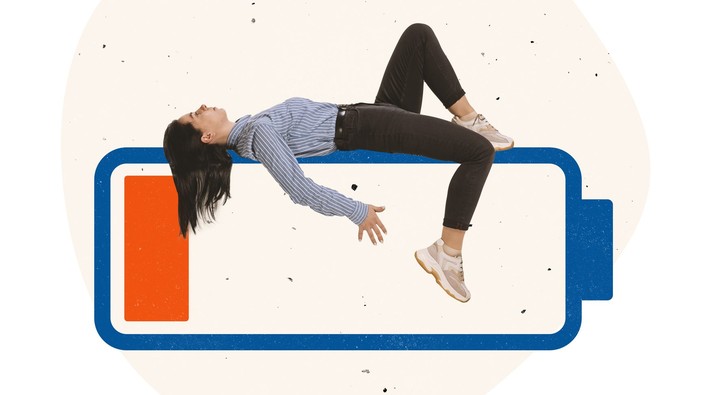she even bought some new clothes for the occasion: “finally, no yoga pants,” she said, proudly. getting in on the excitement, i offered to lend her my lunch bag that has a smiling avocado on it and the words, “avo good day!” for good luck. “might as well go for the gusto,” i said. after all, we are crawling out from under a pandemic.
apparently, all was going well for her until three hours into the first monday back. besides managing the floods of memories of how annoying her colleagues were — and clearly still are — she was tasked with leading a welcome back presentation to her boss’ eight-person team outlining how to integrate new employees into the existing office space.
i might have itched my butt while i was talking. just the cheek though, she texted.
career-limiting??
we decided that one butt-scratch is forgivable on the first day back to the office — there are worst things, after all. plus it’s been more than two years off toiling away alone, hiding behind screens and email. it makes sense that one might experience a lapse in workplace etiquette. right?
i, too, have begun integrating in-person meetings into my workdays. recently, i spoke at a conference for cancer advocates and though it felt incredible to be with people again and line up for warm cookies at break-time, i had forgotten what it was like to be “on” for more than the usual 30-minute video call. there was no turning my camera off if i felt the urge to roll my eyes, or wanted to stuff salad into my mouth — this was real-life, and well, it felt weird and exhausting.
 6 minute read
6 minute read









